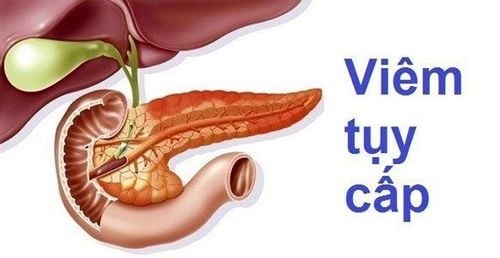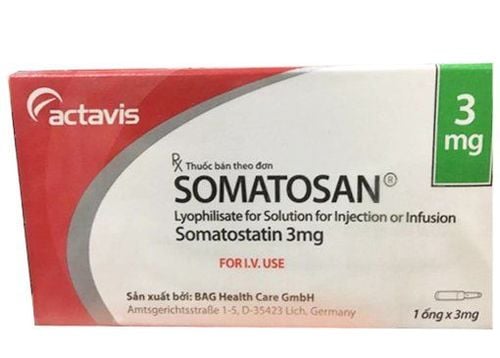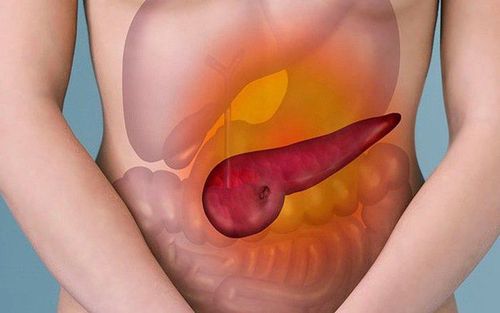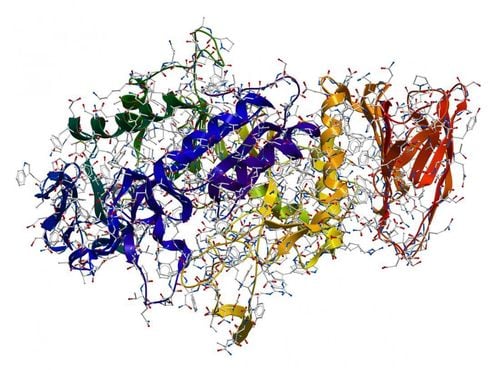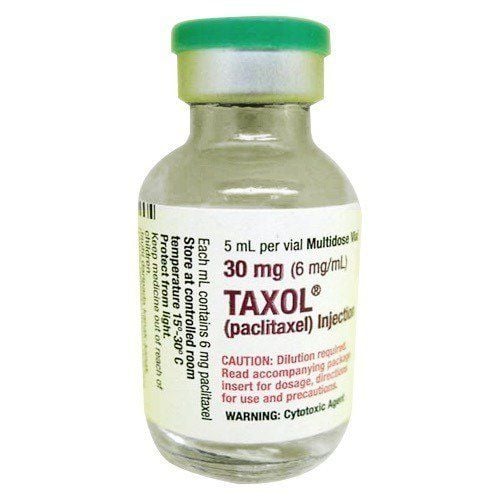This is an automatically translated article.
The article is professionally consulted by Master, Doctor Do Thi Hoang Ha - Doctor of Biochemistry - Laboratory Department - Vinmec Hai Phong International General Hospital.In acute pancreatitis, blood amylase activity will increase in 3-6 hours, peak after 24 hours and usually return to normal after 2-3 days. Serum amylase activity ≥ 3 times normal is considered diagnostic in acute pancreatitis.
1. What is Amylase?
Amylases are a group of enzymes produced mainly in the pancreas and salivary glands, with a small part produced in the liver, lining of the small intestine, fallopian tubes and ovaries. The enzyme amylase helps break down complex carbohydrates into simple carbohydrates that the body can absorb. Normally, amylase is present in blood, urine and some other biological fluids such as saliva and ascites in low concentrations. Amylase is excreted in the urine. Normal amylase value in blood is 22-80 U/L, urine amylase value is 42-32 U/L.2. Why is amylase elevated in acute pancreatitis?
Acute pancreatitis is a process of self-destruction of pancreatic tissues by pancreatic enzymes themselves. The normal pancreatic enzymes are produced to digest food such as amylase, lipase, trypsin, ... when in the pancreas, these enzymes exist in the form of precursors and are only activated when entering the duodenum. However, when there are favorable factors for the onset of acute pancreatitis, the pancreatic cyst cells increase in response to irritants, the activation of pancreatic enzymes will occur in the pancreatic tissue.
Pancreatic enzymes including amylase will cause local damage, the enzymes are also absorbed into the circulation through the blood vessels around the pancreas... The concentration of amylase will increase in blood and urine will increase many times higher than that of the pancreas. with normal.
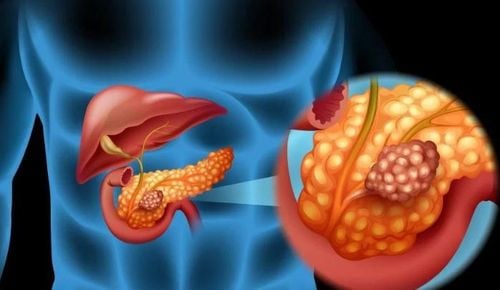
3. What to know about amylase test in acute pancreatitis
3.1 What is an amylase test? The amylase test is used to measure the amount of amylase enzyme in the blood or urine. In acute pancreatitis, blood amylase levels increase for only a short time (2-3 days), urine amylase levels may increase for a longer time (7-10 days).3.2 When is the amylase test ordered? Amylase test is often ordered along with lipase test to diagnose and evaluate the effectiveness of treatment of acute pancreatitis, exacerbation of chronic pancreatitis and other diseases of the pancreas, biliary obstruction, bile duct stones host, hyperthyroidism, pregnancy, ruptured ectopic pregnancy, salivary gland infection, mumps...
Serum amylase testing is often indicated to distinguish abdominal pain due to acute pancreatitis from other conditions. Abdominal pain due to other causes. However, serum amylase activity will return to normal after 2-3 days from the start of elevation, elevated urinary amylase activity lasts 7-10 days, so a urine amylase test is indicated to confirm the presence acute pancreatitis when serum amylase has returned to normal.
In addition, the amylase test is also indicated to diagnose and monitor inflammation, salivary gland obstruction and inflammation in the abdomen.
3.3 Amylase is increased under what circumstances? Amylase test is elevated in acute or chronic pancreatitis, in other pancreatic diseases such as pancreatic duct obstruction, pancreatic cancer,...
In addition, amylase is also elevated in acute alcohol poisoning, biliary tract disease such as gallstones, acute cholecystitis, end-stage renal failure, acute or chronic salivary gland inflammation, salivary duct obstruction, mumps.
3.4 Amylase is reduced under what circumstances? If a patient has pancreatitis but amylase levels drop, it is possible that the amylase-producing cells in the patient's pancreas have been permanently damaged. Amylase is also reduced in cases of severe liver damage such as hepatitis, cirrhosis, pregnancy toxicity, pancreatic cancer, severe thyrotoxicosis and severe burns.
3.5 Factors that change test results Amylase test results can change if:
Specimen has broken red blood cells Samples contaminated with saliva may cause artificially elevated blood amylase results. Patients with hypertriglyceridemia > 5 times higher than normal will inhibit enzyme activity Renal failure can also cause moderate increase in blood amylase activity. Patients using some drugs that increase serum amylase activity such as acetaminophen, paracetamol, corticosteroids, aspirin, estrogen, furosemide, thiazide diuretics... Drugs that increase urinary amylase activity such as alcohol, codeine, aspirin, morphine, thiazide diuretics,... Patients using drugs that reduce serum amylase activity such as glucose, citrate, oxalate. Drugs that reduce urinary amylase activity are fluoride, glucose.
4. Notes to patients when testing amylase
Within 24 hours before the amylase test, the patient should not drink alcohol. 2 hours before the test, the patient was not allowed to eat or drink anything except water.

If urine amylase is tested, the patient should drink plenty of fluids. You should inform your doctor about any medications you are taking as they may affect the test results. Vinmec International General Hospital is one of the hospitals that not only ensures professional quality with a team of doctors, modern equipment and technology, but also stands out for its examination, consultation and treatment services. comprehensive, professional disease; civilized, polite, safe and sterile medical examination and treatment space. Customers when choosing to perform tests here can be completely assured of the accuracy of test results.
Please dial HOTLINE for more information or register for an appointment HERE. Download MyVinmec app to make appointments faster and to manage your bookings easily.






